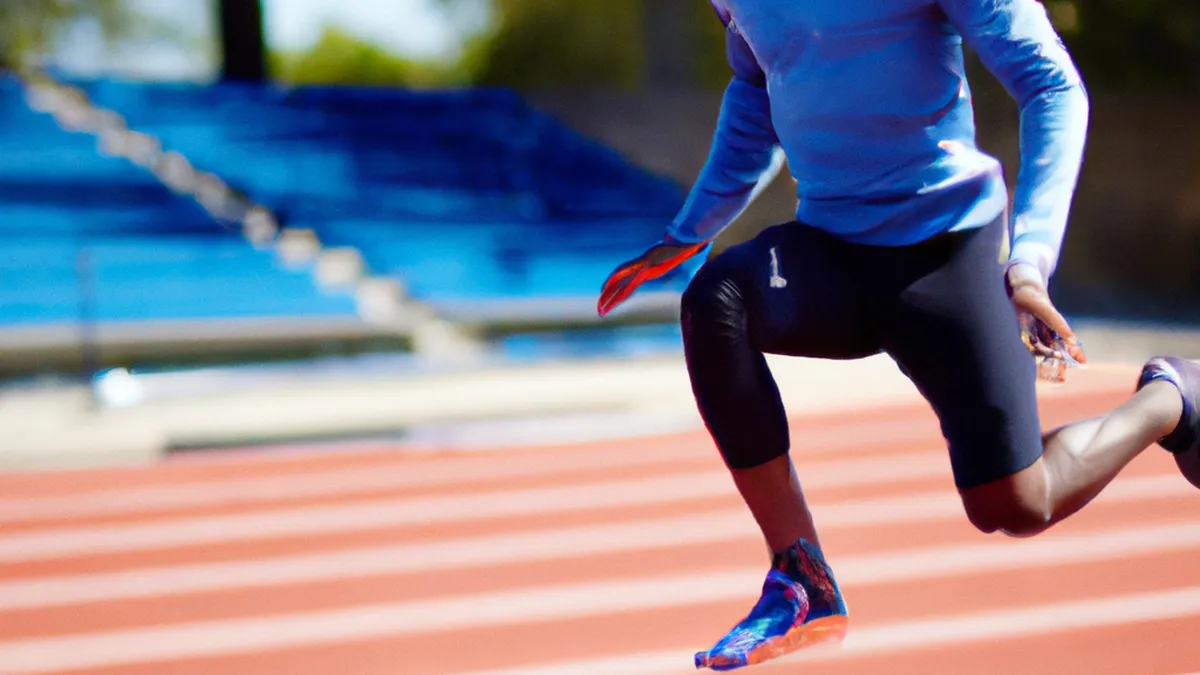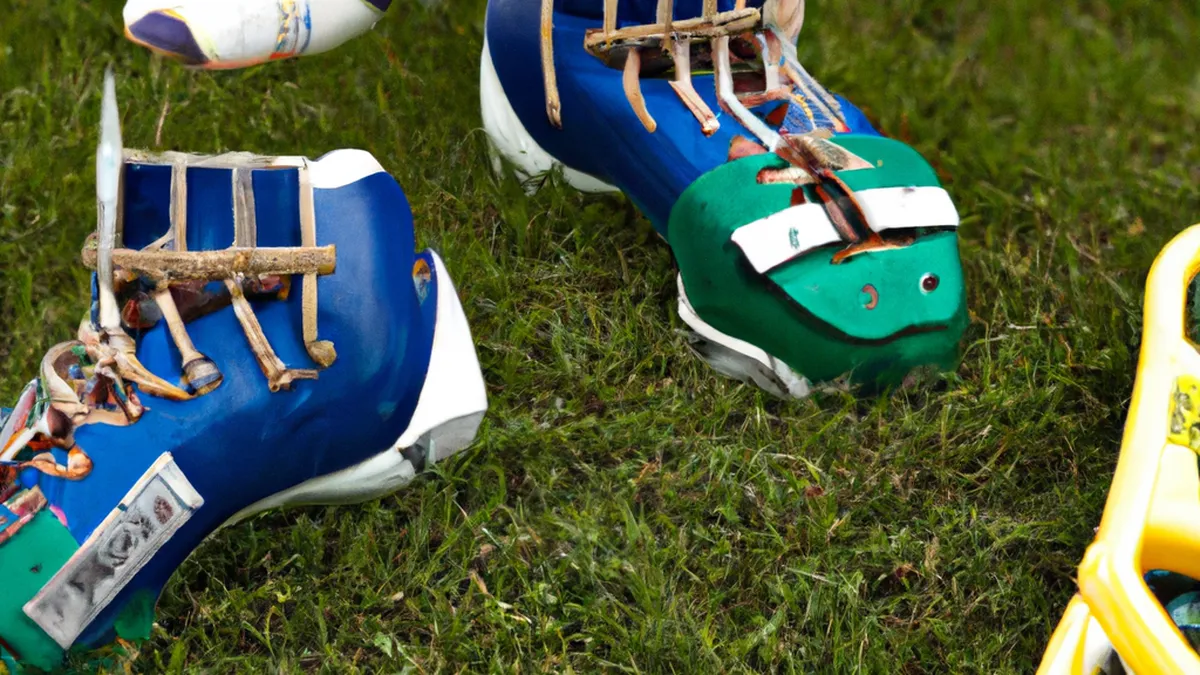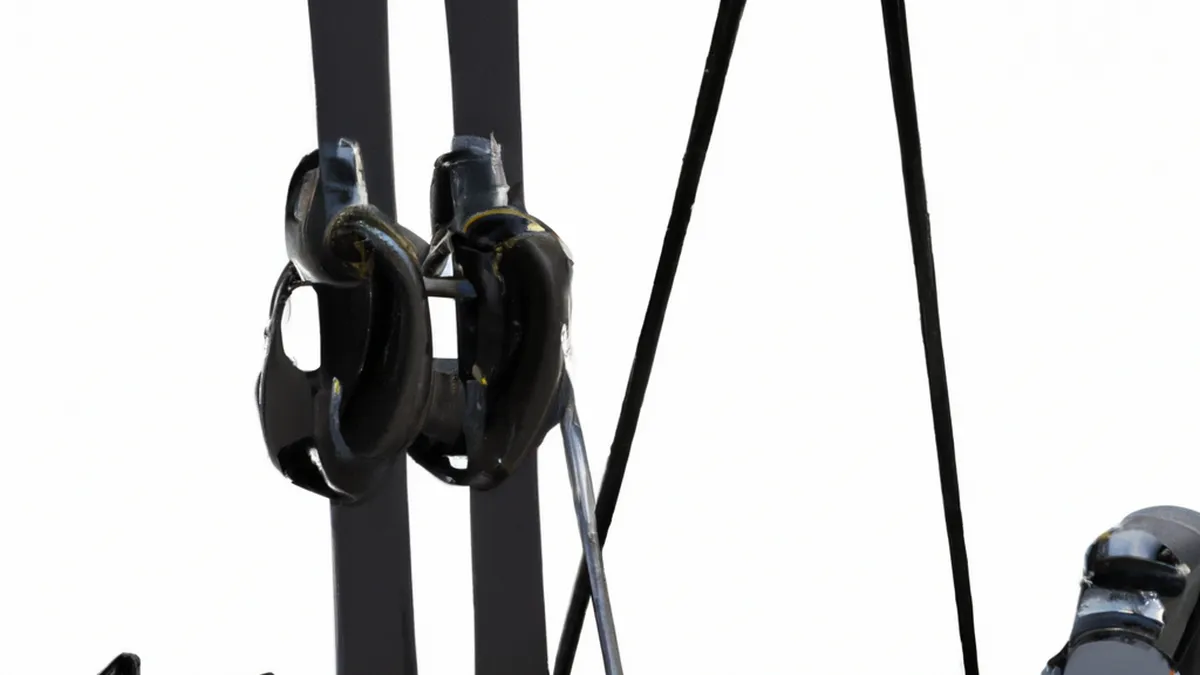Elements of a Successful Jump Takeoff
Long Jump Takeoff TechniquesThe long jump combines speed, strength, and precise technique. The takeoff phase converts horizontal speed into vertical lift. Athletes must master this skill to enhance jump distance. This blog explores effective long jump takeoff techniques to improve your performance.
Understanding the Takeoff Phase
The takeoff phase occurs just before an athlete leaves the ground. Athletes must generate enough force to propel themselves into the air. This phase happens at the end of the runway before leaping onto the takeoff board. Successful takeoff requires foot placement, angle, speed, and rhythm.
Foot Placement
Foot placement maximizes jump distance. The takeoff foot should land on or behind the takeoff board. This ensures effective speed utilization while minimizing fouling risk. Being too far back reduces jump length, while stepping over the board results in a foul.Athletes can use markers or tape on the runway to gauge their distance from the board. With practice, you’ll develop an instinct for the right distance, ensuring consistent landing on the board.
Takeoff Angle
Takeoff angle significantly impacts jump distance. A good angle typically ranges from 18 to 22 degrees. This angle helps achieve optimal height while maintaining horizontal momentum. A low angle may limit height, resulting in a shorter jump. Conversely, a steep angle can reduce horizontal distance, causing momentum loss.Experiment to find your ideal takeoff angle. Record your jumps and observe angles that yield the best results. With practice, discover the optimal angle for your body mechanics and jumping style.
Speed and Rhythm
Building speed before takeoff is essential for success. Speed greatly affects your jump distance. Maintain a consistent rhythm in your approach to sustain speed. Focus on stride length and frequency to build momentum.Your final strides should be powerful and well-timed. Keep a steady pace, and avoid sprinting too fast before the jump to maintain control. Mastering your rhythm enhances your speed-to-takeoff conversion.
Tips for an Effective Takeoff
As an Amazon Associate I earn from qualifying purchases.
Gear tip: consider compression socks, running belt, and compression sleeves to support this topic.
Now that we understand the takeoff phase, let’s explore practical tips to enhance your technique and performance.
Practice Your Approach
The approach run forms a fundamental aspect of the long jump. Dedicate time to refine this phase.
Conclusion
In summary, mastering takeoff techniques can improve your long jump performance significantly.
Below are related products based on this post:
FAQ
What is the takeoff phase in long jump?
The takeoff phase occurs just before an athlete leaves the ground, where they must generate enough force to propel themselves into the air. This phase is critical as it happens at the end of the runway, just before leaping onto the takeoff board. Proper execution of this phase involves careful attention to foot placement, angle, speed, and rhythm.
How important is foot placement during takeoff?
Foot placement is crucial for maximizing jump distance. The takeoff foot should land on or behind the takeoff board to effectively utilize speed while minimizing the risk of fouling. Incorrect placement, such as landing too far back or stepping over the board, can significantly reduce jump length or result in disqualification.
What factors should I consider for an optimal takeoff angle?
The ideal takeoff angle for long jump typically ranges from 18 to 22 degrees. This angle helps achieve the best combination of height and horizontal momentum. Athletes should experiment with different angles and record their jumps to find the angle that works best for their body mechanics and jumping style.















Post Comment